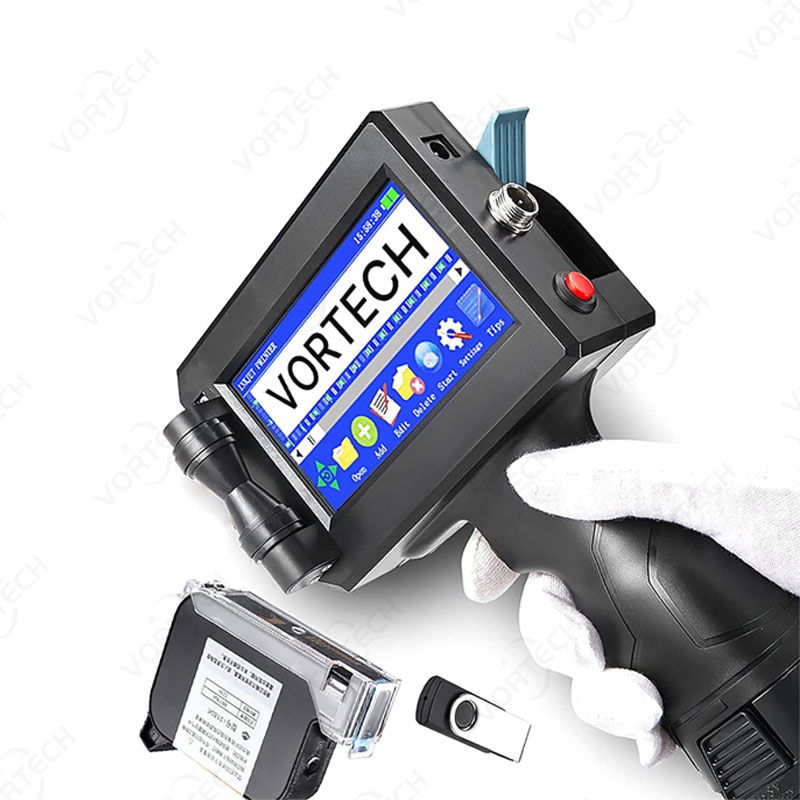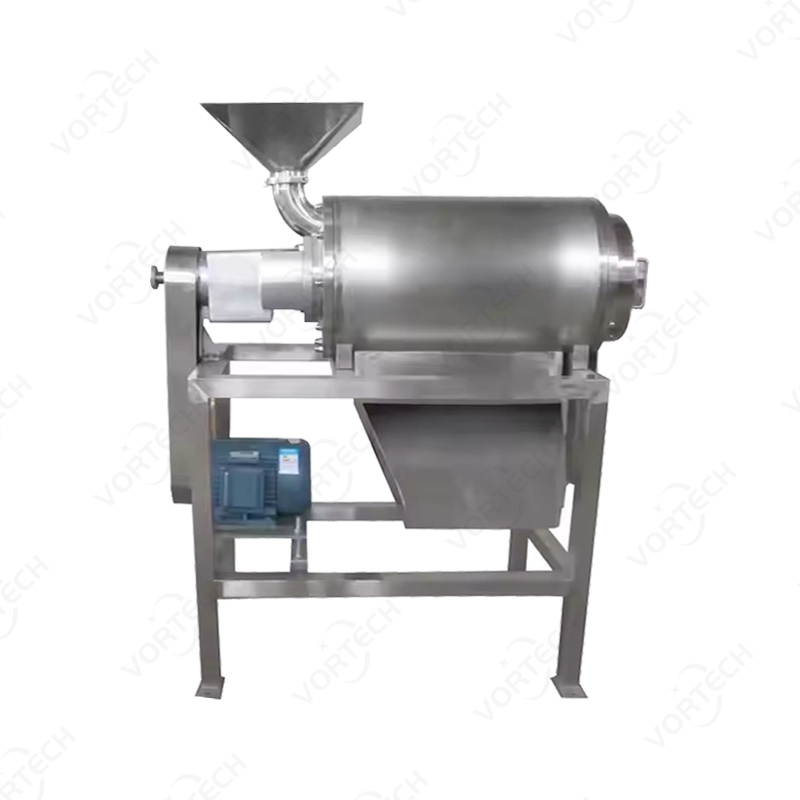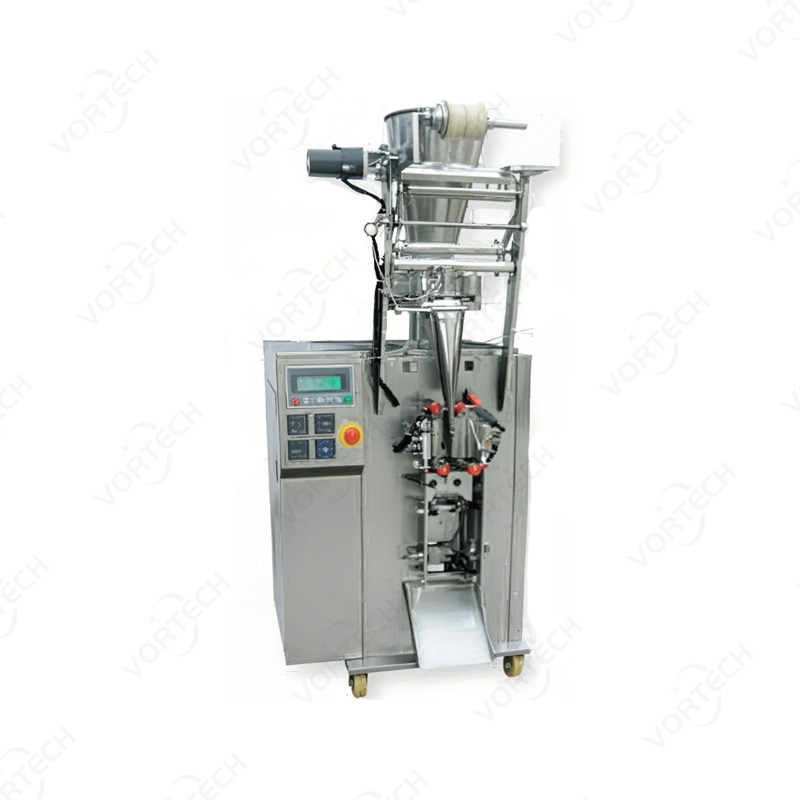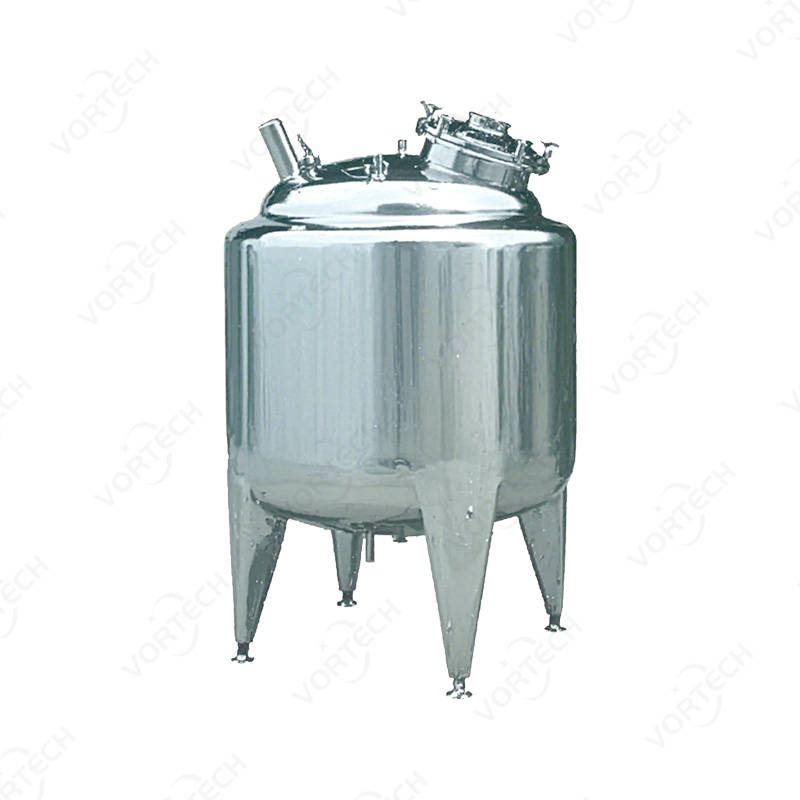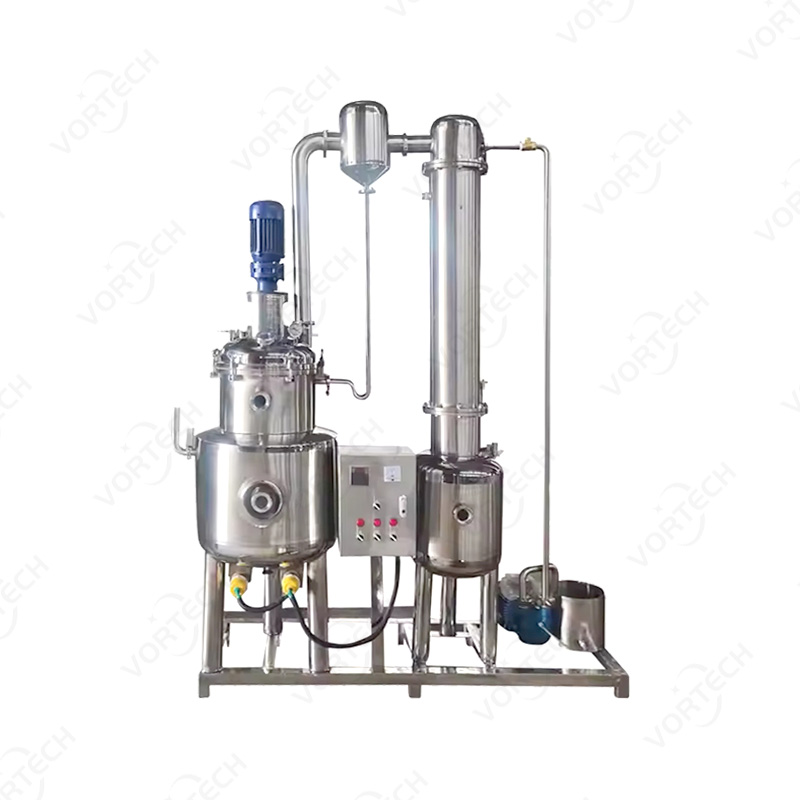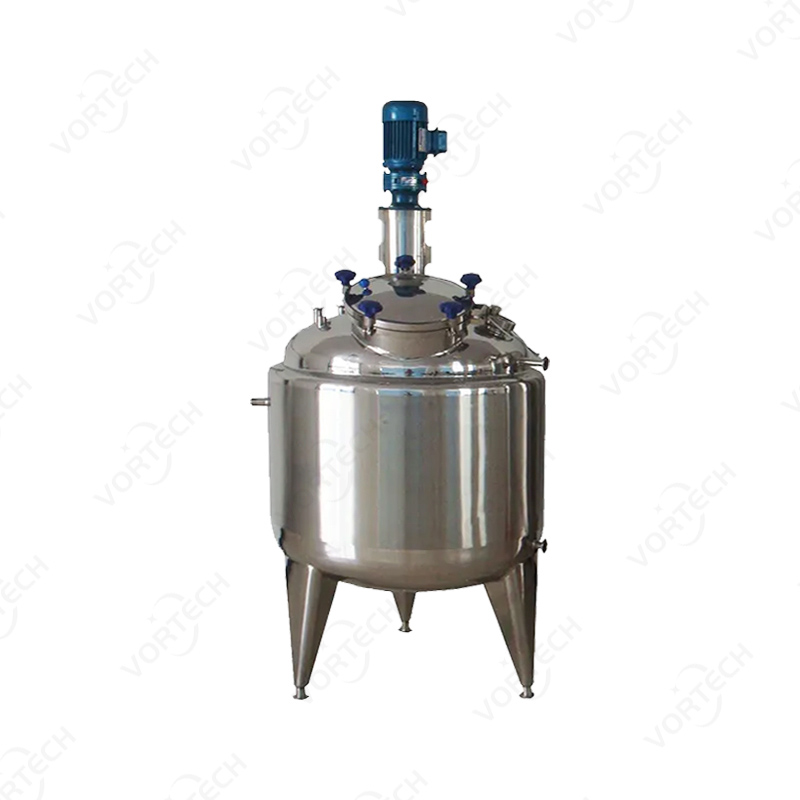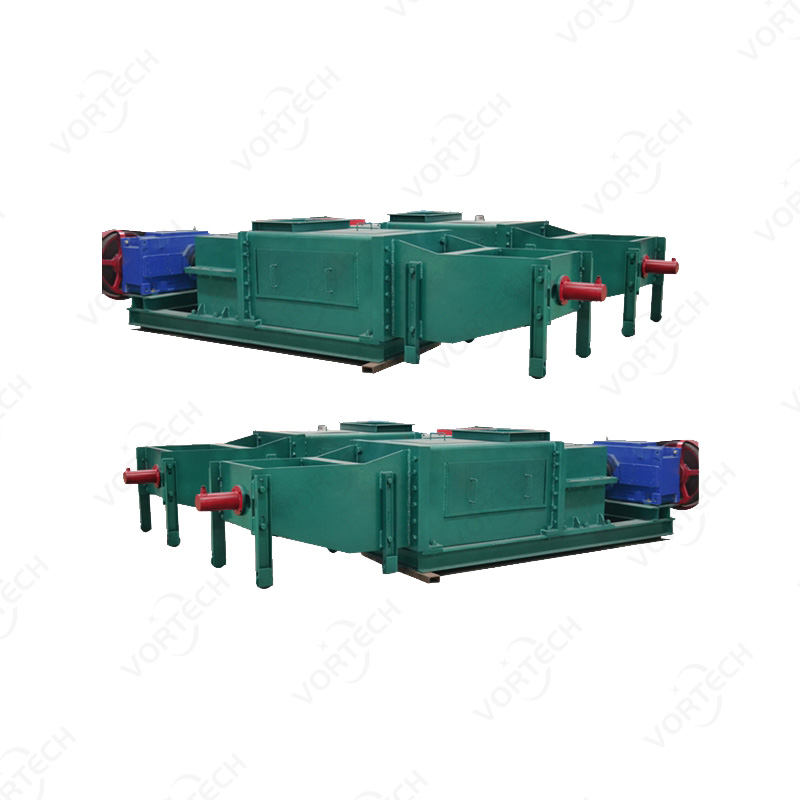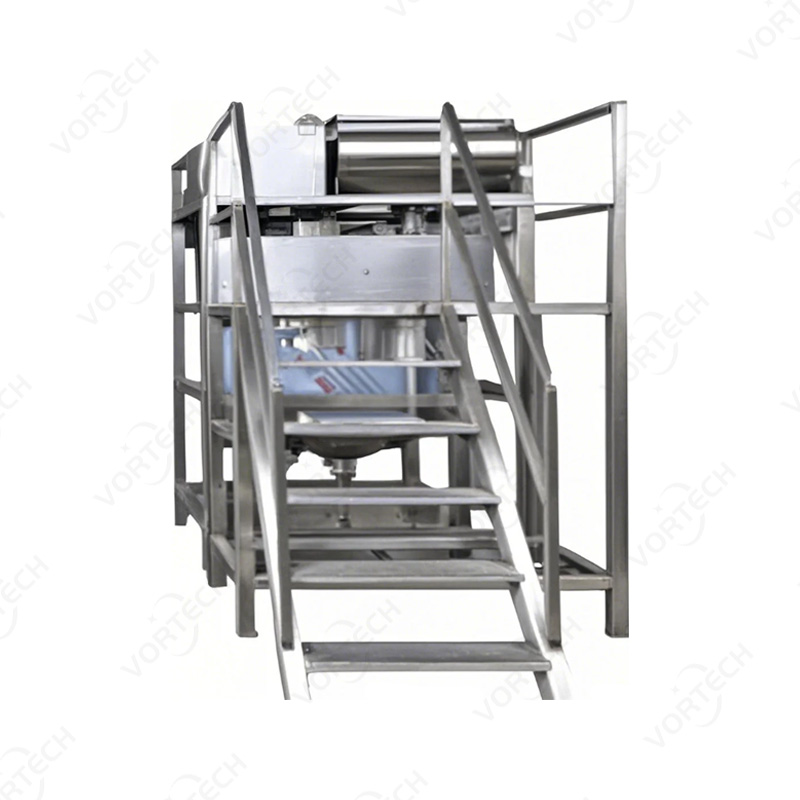Products
Categories
- Not require a computer or app, lightweight, and convenient.
- More than ten printing surfaces and eight printing contents are permitted.
- 42ml Cartridge of Quick-Drying Ink.
- Professional service and excellent after-sales support were included.
- Views Details
- Capacity: 0.2-5 T/Hr,
- Single-stage SUS304 stainless steel for the main structure.
- Power: 1.5-11KW
- Italian technology, to remove the seeds and skins and get the raw tomato pulp.
- The screen’s mesh is 0.6 or 0.8 or 1.0mm as per the customer’s requirements.
- Views Details
- SUS304 stainless steel for the main structure.
- To integrate sachet forming, filling & seaming, and code printing in one machine.
- Speed: approx. 30~45pcs/min for 70gramflat pouch.
- Power: 1.9KW.
- Dimension(L*W*H): 600*700*1200mm.
- Views Details
- 200Liters volume.
- SUS304 stainless steel structure.
- To store the raw tomato pulp from the pulping machine as buffering.
- Dimension(L*W*H): Φ800*900mm
- Views Details
- Volume: 1000L-1500L Volume.
- SUS304 Stainless Steel for the main structure.
- Special structure especially for the concentration of fruit paste/puree (viscous product).
- Incorporated Italian technologies together with our own innovation.
- Input: 4.5-5.5% Brix tomato pulp.
- Output: 28-30%Brix tomato paste(100% pure).
- Dimension: 2600*1400*3100mm.
- Views Details
- Volume: 100Liters
- SUS304 stainless steel structure.
- Tri-layer structure, steam heating or electric heating mode, insulated and jacketed.
- Mounted with agitator, CIP cleaning ball, and breather valve.
- A mixing tank to mix with other ingredients for sauce making, as well to sterilize the product inside by steam heating.
- Dimension(L*W*H): 520*520*900mm
- Views Details
- Efficiently processes 800kg to 15T per hour with double-screw squeezing technology.
- Equipped with powerful three-phase motors and optional hydraulic stations for stable performance.
- Robust chamber sizes and screw lengths ensure consistent oil extraction across all capacities.
- Views Details
- Stainless steel anti-skid plate.
- Stainless steel handrails.
- Anti-rust paint-coated carbon steel supporting feet.
- Dimension: 1300*900*1400mm.
- Views Details

